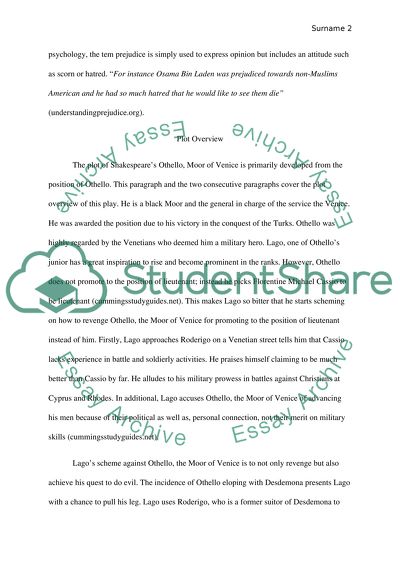Cite this document
(“The setting of Shakespeare's Othello - Moor of Venice Research Paper”, n.d.)
Retrieved from https://studentshare.org/literature/1392934-some-type-of-liturature
Retrieved from https://studentshare.org/literature/1392934-some-type-of-liturature
(The Setting of Shakespeare'S Othello - Moor of Venice Research Paper)
https://studentshare.org/literature/1392934-some-type-of-liturature.
https://studentshare.org/literature/1392934-some-type-of-liturature.
“The Setting of Shakespeare'S Othello - Moor of Venice Research Paper”, n.d. https://studentshare.org/literature/1392934-some-type-of-liturature.


